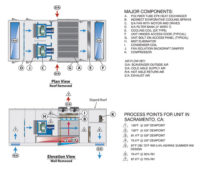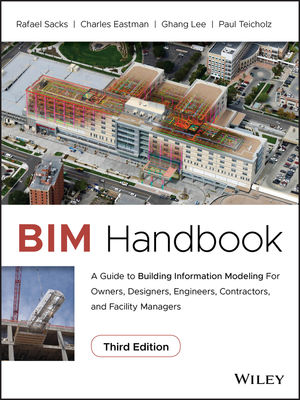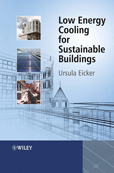"Our nation's schools spend more than $6 billion on energy costs per year," Secretary Abraham said. "With these guidelines, schools can lower their energy bills by 25% and spend the savings for books, computers, more teachers and other worthy programs that improve learning. These guidelines support President Bush's "No Child Left Behind" initiative by creating better learning and teaching conditions through energy efficiency in schools across the country."
David Garman, Assistant Secretary for Energy Efficiency and Renewable Energy, officially released six of the guidelines at the Department of Energy's (DOE) State Energy Program/Rebuild America National Conference in New Orleans. He also unveiled the National Best Practices Manual for High Performance Schools which provides engineering and architectural specifications and other details on how to apply the guidelines.
"These books provide information that school districts have been requesting," Assistant Secretary Garman said. "The guidelines also address health and safety issues and will help school districts improve the learning environment for less cost. These guidelines will enhance the energy efficiency and indoor environment of other buildings as well."
The books provide information on site design, daylighting and windows, energy-efficient building shells, lighting and electrical systems, mechanical and ventilation systems, renewable energy systems, water conservation, recycling systems and waste management, transportation and resource-efficient building products.
The first set of guidelines, released in February, is tailored to hot and dry climates. The others address school design for the following climates: hot and humid, temperate and humid, cool and humid, cold and humid, cool and dry, and temperate and mixed.
The guidelines resulted from meetings that the department's Rebuild America Program convened during 2000 and 2001 to discuss the best energy-saving practices with school administrators, architects, teachers, developers and other interested groups. Partners that worked with DOE to develop the guidelines include the American Institute of Architects, the National Institute of Building Sciences, the Texas State Energy Office, Ashley McGraw Architects, the Oregon Office of Energy, Environmental Support Solutions, the University of Wisconsin - Madison, Building Science Corporation, Energy Design & Consulting, Innovative Design, and the Facility Improvement Corporation.
Copies of Energy Design Guidelines for High Performance Schools and the National Best Practices Manual for High Performance Schools are available free to the school design community in book form or on CD-ROMs by calling 800-DOE-3732. They are also available in .pdf format on the EnergySmart Schools website (www.energysmartschools.gov).





